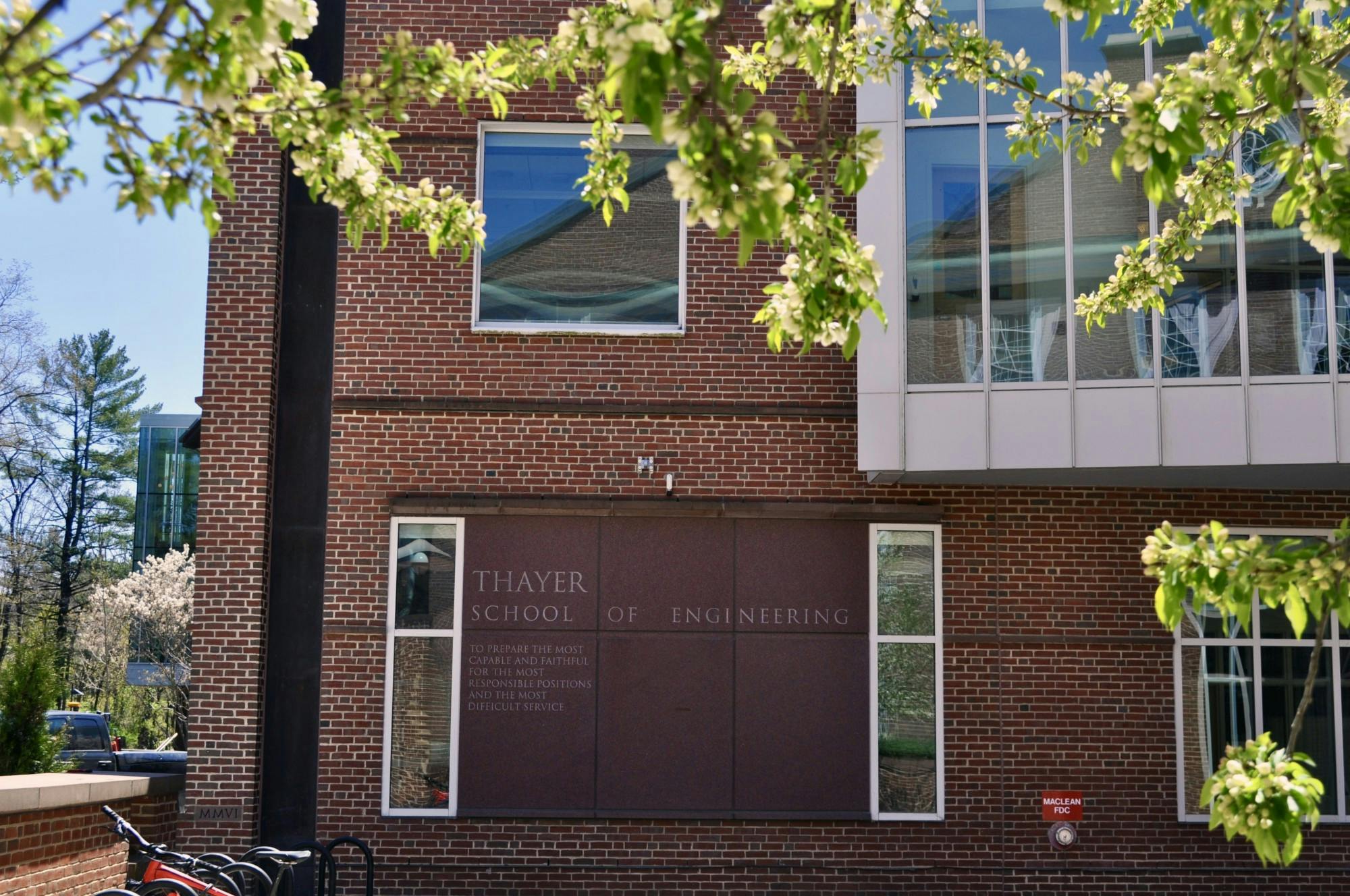Do engineers strike you as the type to be constantly hunkered over a desk, working on mysterious and complicated projects which may seem removed from the everyday, ‘real’ world?
Not Dartmouth Humanitarian Engineering — the club’s goal is to design sustainable and affordable technologies for communities in need. Currently, the members of DHE are working on four social impact engineering projects, ranging from designing better cots for the Upper Valley Haven homeless shelter to engineering a gravity-powered washing machine for Guatemalan villages.
While DHE attracts many future engineers into its ranks, the club also welcomes students from non-engineering fields to collaborate on projects. This interdisciplinary approach to problem solving is a point of pride for DHE.
“You don’t need to be an engineer,” DHE co-president Isaac Hanover ’22 said. “If you’re interested in the project, we’d be happy to have you.”
“Not only are non-STEM majors welcome, they’re actually needed for [these projects] to be successful,” DHE member Sophie Goldberg ’25 said. “And I think that’s something that gets lost in engineering too much… [non-STEM majors] offer an extremely important perspective.”
Before coming to Dartmouth, Goldberg created a patent for a gravity powered washing machine she named Grav-WASH-ity. Now, with the help of DHE, students are working to make her idea a reality.
“Clothes cleaning is something that everybody does, but not a lot of people have spent the time to improve it,” Goldberg said. “I want to invent a new way of cleaning clothes that is healthy, environmentally sustainable and that fits into people's lives.”
After working extensively on this project during high school, Goldberg was excited to join a club like DHE to continue her work with students that share her passion for human-centered design.
“Seeing different ideas being tossed around in discussions — even in the foundational stages of the design — is really, really exciting,” Goldberg said. “And on top of that, seeing a group of upperclassmen that believe in and want this project to work technically was really cool.”
By bringing together a team of students with diverse backgrounds, DHE allows students to focus not only on the design of the invention itself, but also on how the design will be used. These considerations are extremely important for a project like “DHElios” — an effort focused on improving the cooking technology at the Beacon of Hope school in Uganda. At the beginning of the project, DHE considered looking into creating solar-powered stoves, but after doing research for the project, DHE co-president Noah Daniel ’22 and his team realized that the solar-powered design may not be the best option.
“People have to stand out in the sun for a long time, and it’s way slower than using firewood,” Daniel said. “You don’t want these projects to be a one-off. I think that’s a pitfall of humanitarian projects: you install a system, but it’s not locally sourced — there’s no expertise and it may not be culturally compatible.”
With that in mind, Daniel and DHE initiated a partnership with engineers at the Uganda Christian University, who have become collaborators and stakeholders on this design. With their help, DHE decided to create a water pre-heating design that greatly reduces the demand for firewood while maintaining cultural compatibility and accessibility. The project will help the Beacon of Hope School in Uganda save money on firewood purchases, decrease the demand for felling trees and improve air quality for the school community members. This summer, Daniel, along with two other DHE members and a faculty advisor, plan to travel to Uganda to work with the Uganda Christian University and the Beacon of Hope school in person.
In addition to enacting positive social change, DHE is also a resource for students interested in engineering to gain hands-on experience outside of the classroom. Hanover noted that DHE gave him the opportunity to become certified in the machine shop his freshman fall, roughly a year before Dartmouth courses would have allowed him to do so.
“It was super useful that I was able to get that hands-on experience with the machine shop as early as I was,” Hanover said.
Hanover also noted that working on projects through the club allowed him to gain experience working on more realistic, longer-term projects than those he has completed in his regular engineering classes.
“While Thayer does a fantastic job of making most of the engineering classes lab-based or project-based … it’s really fast and it can be hard to get a sense of what a real world engineering project might look like.” Hanover said. “I think getting a sense of that [through DHE] was invaluable for me.”




